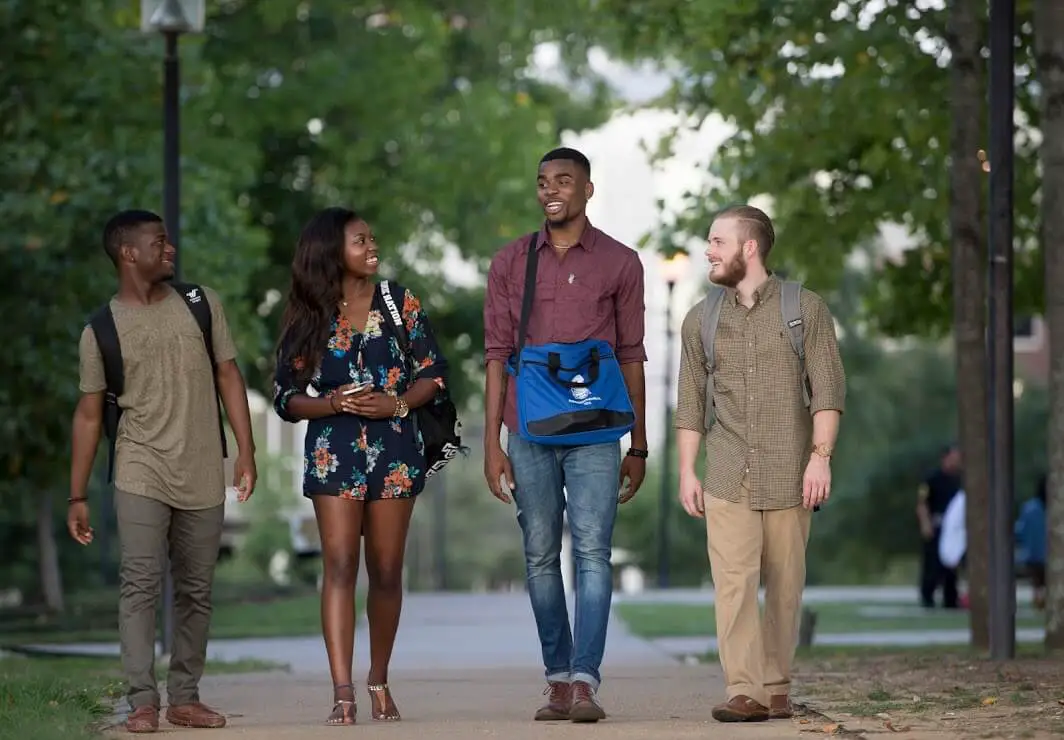The increasing cost of attending college and decreasing state and federal aid is impeding black students’ dream of earning higher education credentials in Illinois.
According to the Priced Out: Black Students On Illinois’ Disinvestment In Higher Education and What Can Be Done About It report compiled by the Partnership of College Completion (PCC) researchers, African-American students in the state are facing various issues related to access cost, and ability to pay for college.
The report notes that 41 percent of black families in the state make less than $30,000 per year, while the cost of attending public four-year colleges for such families is $12,800 per year, $17,500 per year for private four-year colleges and $22,000 per year for-profit institutions.
The state and federal aid is also witnessing a downswing amid continuous disinvestment. The state’s Monetary Award Program (MAP) denied awards to nearly 100,000 qualified students, while others received just one-third of tuition and fees at four-year colleges and universities.
“Worse, in Fiscal Year 2016 and Fiscal Year 2017, the State of Illinois operated without a budget, turning persistent state aid shortages into a dire situation, as colleges couldn’t ensure the state would provide these funds to students,” the report reads.
“My brother had to leave because he didn’t get his financial aid. It just didn’t kick in, so he had to come out of class, and then we had to go pick up all his stuff. It was really bad. It was like he was getting kicked out,” the report quotes a black family member.
Most of the students are more than twice as likely as white students to attend for-profit institutions. Across the state, only four of the 12 public universities and four of the 62 private nonprofit colleges have a black student body that is representative of the state’s population.
Researchers also found that the most black community college students are enrolled in non-credit courses that add cost barriers to degree attainment and are time intensive.
The overall situation is also contributing to the accumulation of large amounts of debt. Nearly, 38 percent of black graduates owed more than $15,000 in debt, compared to 23 percent of White graduates in the state.
The report called for an increase in state investment in the Monetary Award Program, eliminating or limiting merit-based aid, better funding public institutions and create a statewide direct admissions program.
Trump’s Political Rhetoric Forces Black Students to Enroll in HBCUs



